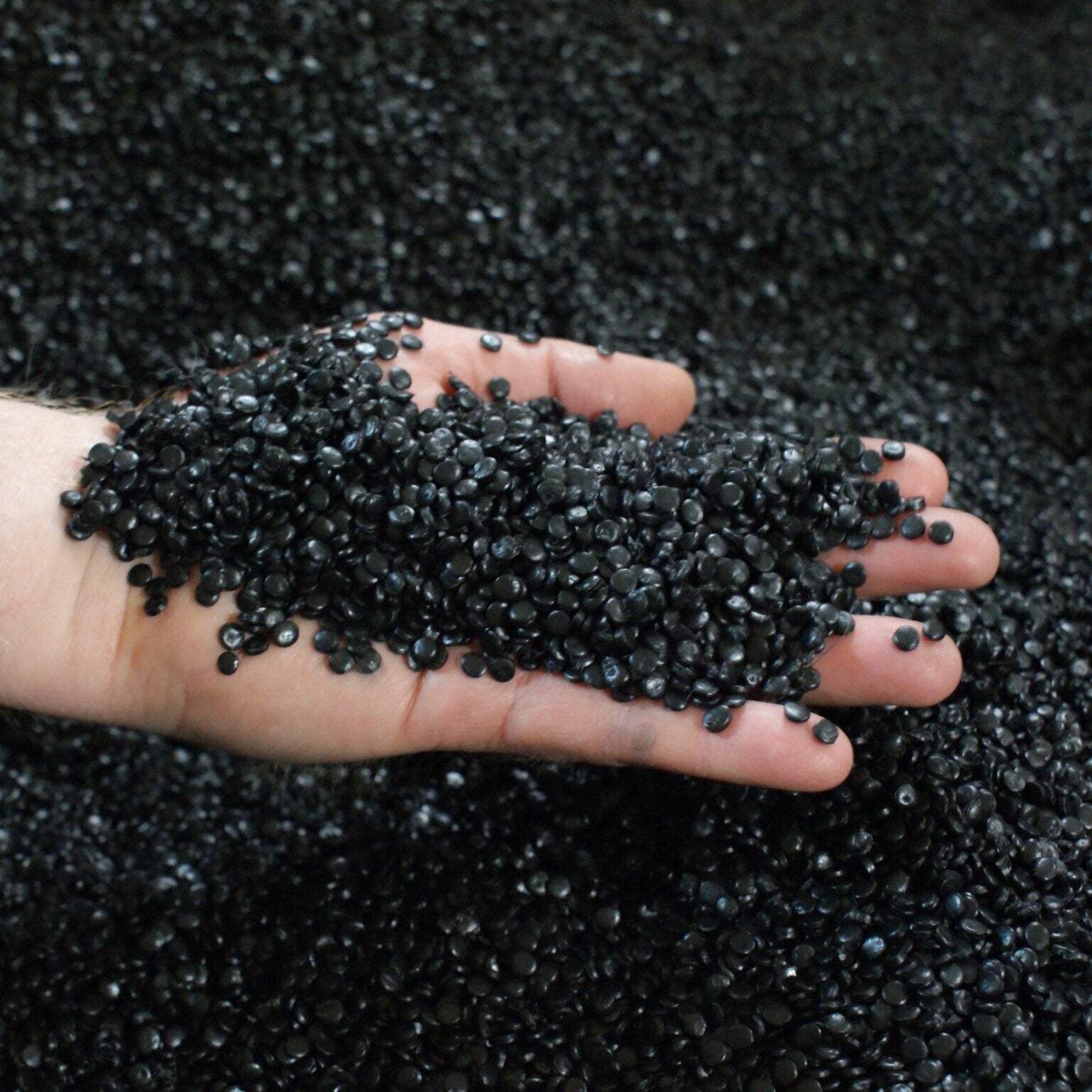
By Bryan Meador
Inside the Design - Recycled Plastic
Manufacturing with Recycled Plastic
Sead Pods are made exclusively from recycled plastic as a way to combat single-use plastic waste. Take a look inside our manufacturing process to learn about how we make every piece count.
In December 2018, Great Britain’s Royal Statistical Society named the fact that only 9.5% of all plastic ever made has been recycled as its statistic of the year.
This means that a staggering 90.5% of all plastic ever created is languishing in landfills and elsewhere, devoid of use and polluting our environment. Plastic waste is incredibly detrimental to the health of our ecosystems. Our oceans have suffered in particular with 18 billion pounds of plastic waste flowing into the oceans every year from coastal regions according to Jenna R. Jambeck, a researcher at the University of Georgia.
Beyond the environmental damage being caused, it’s a shame that this especially malleable material is often treated as garbage way before its viable lifecycle is over. Not all plastic can be recycled, but much of it can - so why waste a potentially valuable resource in the fight against climate change after just one use?

A newly molded SeadPod is lifted from the injection press it was molded in.
Sead Pods are our answer to these questions. By using only recycled plastic to manufacture Sead Pods, we’re removing plastic from the waste stream, helping to clean our environment, and creating tools that enable people to bring more plants into their lives.
Material Concerns
During the design process, we knew we needed a material that would enable safe long-term use and would be recyclable at the end of the product's life cycle. This led us to choose polypropylene as our standard material.
Recycled polypropylene is readily available and requires only about one-seventh of the energy required to make virgin polypropylene, making it a perfect candidate for Sead Pods.

Recycled polypropylene pellets are delivered to our manufacturing facility in Kingston, New York.
Polypropylene has a high melting point and is often used to manufacture containers that hold hot liquid. It’s readily accepted in most curbside programs and has an excellent heat history, which means it can be melted down and recycled again and again without losing its strength.
How It Works
Recycled polypropylene pellets are fed into the injection press from a suction tube much like a traditional vacuum cleaner. These pellets are then heated such that they melt into a liquid, which is then pressed into the mold cavity.
The liquid polypropylene is then allowed to cool for several seconds before the mold separates, allowing the finished planter to drop out of the machine and the process begins again. This process is illustrated in the video below.
We took great care in the design process to create a planter design that could be molded with a single action mold. This means that our mold only moves along one axis, as opposed to more complex designs that would require additional movement to accommodate the part’s specifications. This simplicity allows for a fast cycle time and enables us to offer our planters at a price that’s way below our competitors.

The SeadPod master mold before being placed into the injection press.
Keeping It Local
Originally designed in the Hudson Valley, we felt it was important to work with a local manufacturer. We were lucky to find Usheco, Inc. early in this process and they were an invaluable partner throughout our growth process. A family-owned small business based in Kingston, NY, Usheco has been providing custom plastic manufacturing to the Hudson Valley for over 60 years.
Our team has since shifted its base to northeast Oklahoma and has begun seeking partnerships locally to continue our sustainability focus. We’re constantly working hard behind the scenes to find bio-composites and compostable materials to use in future runs. Stay tuned for more on these projects!

From Left: Dan Young of M-Tech Design with Alethea Schaeffer & Cynthia Marchetti of Usheco, Inc. at the machine used to manufacture SeadPods
